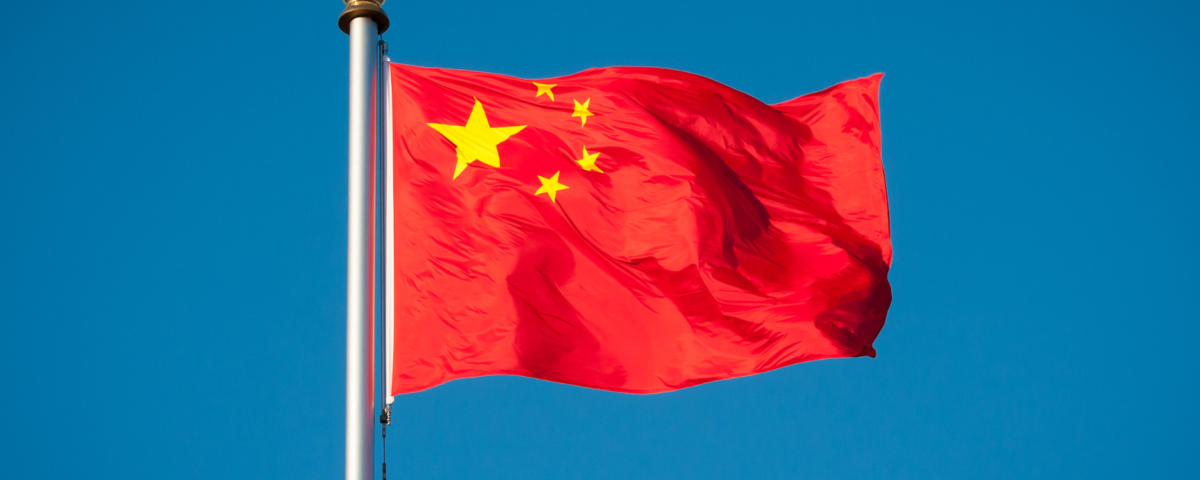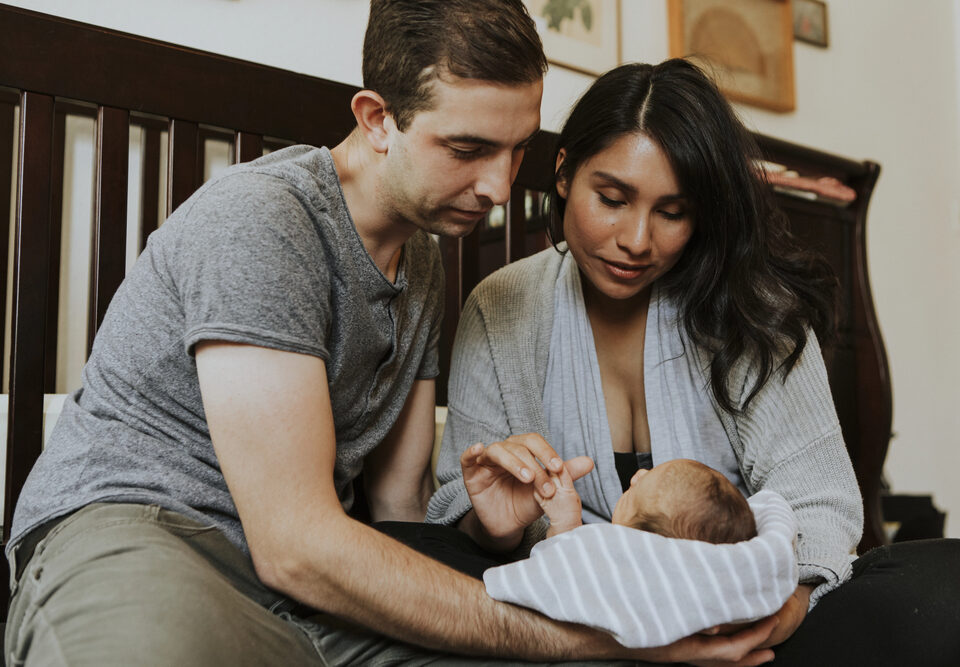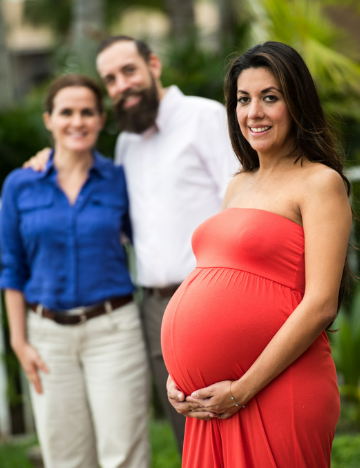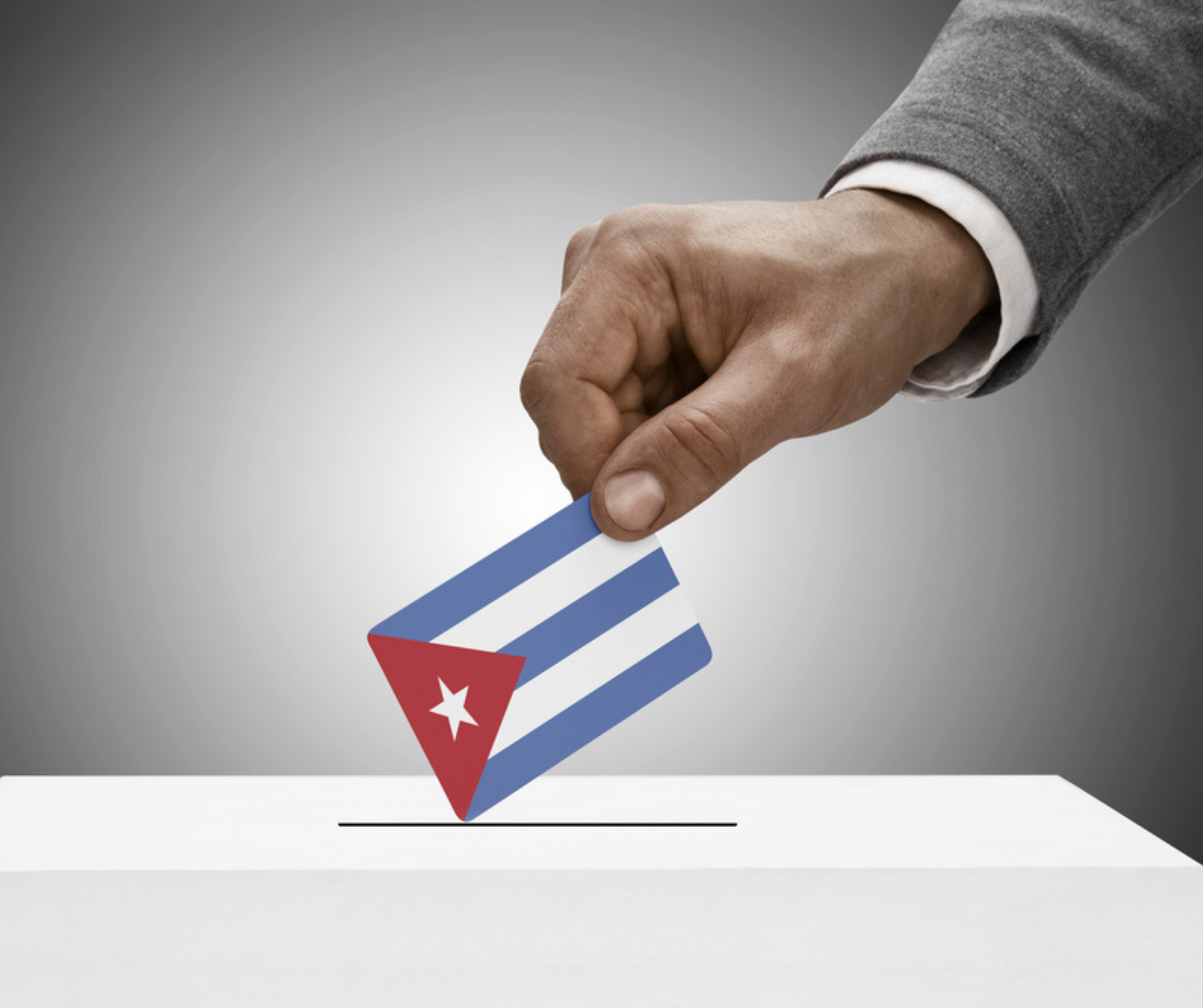
Cuba Approves Same-Sex Marriage and Surrogacy
十月 6, 2022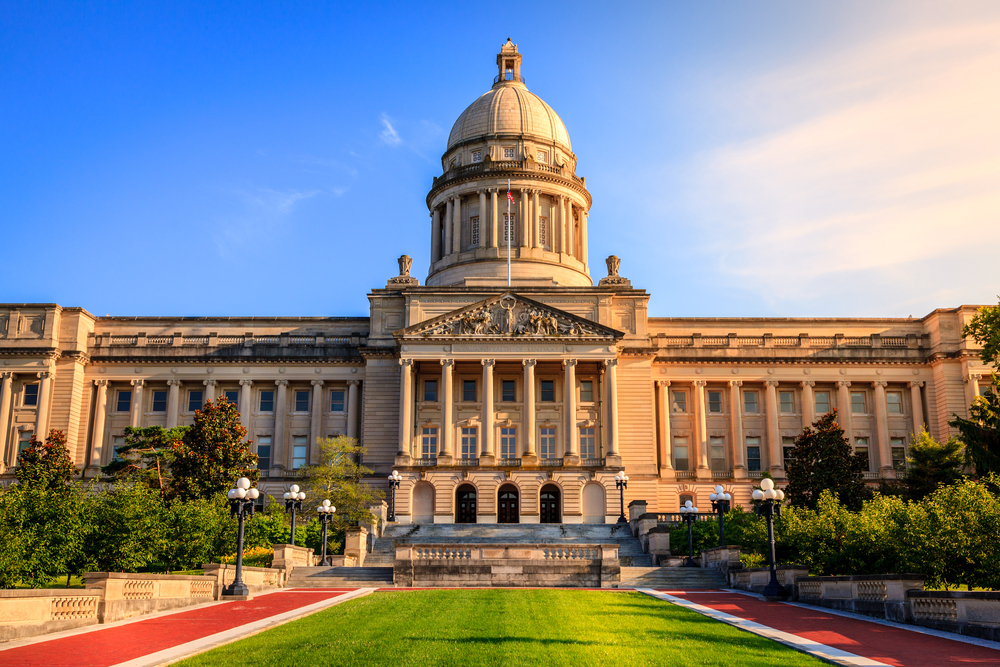
Kentucky’s Abortion Restrictions Are Challenged By 3 Jewish Women
十月 17, 2022COVID Restrictions in China Cause Complications for Intended Parents Who Have Surrogates in the US
Even though China and the United States have some political tension with one another, many Chinese parents are still focused on navigating around COVID restrictions and legal hurdles to work with US surrogates. It’s extremely hard for people in China to travel abroad right now, which is complicating a lot of the surrogacy plans of Chinese parents, and keeping them from seeing their children that have been born to a surrogate in the US.
Usually, there are nannies in the US who take care of the babies until their Chinese parents can pick them up and take them home. These nannies often take care of the children for a few days or a few weeks, but now there are times when they have the children for months at a time. Flights from China are frequently canceled, and COVID restrictions are much more tightly controlled there than they are in most of the rest of the world.
With the level of restriction parents are dealing with, they generally don’t come to the United States for reproductive options. They either already have their reproductive material in the US or use a shipping service to get the mertial in the US, and once their child is born the child will be flown to them in China around one year later. The process easily costs $150,000 or more. Many Chinese people hold onto the American Dream, in that they want their surrogate to live in the US and the child to come from there, based on medical care opportunities and other factors.
Chinese citizens used to come to the US with tourist visas, and work with companies, surrogates, and nannies who are all Chinese, but now with strict Covid and travel restrictions they generally have to ship the genetic material to the US. With the baby born in the United States it automatically has citizenship there, and that’s an attractive bonus for Chinese parents. When travel restrictions ease, babies who are still waiting in the US can go home to their Chinese families.
To learn more about how we help protect intended parents’ rights, contact us today.

